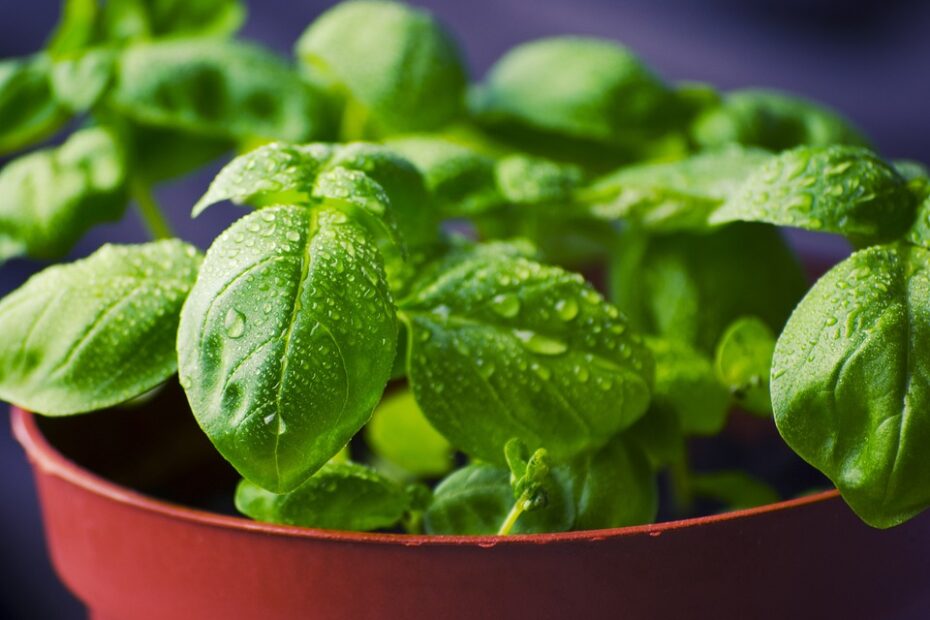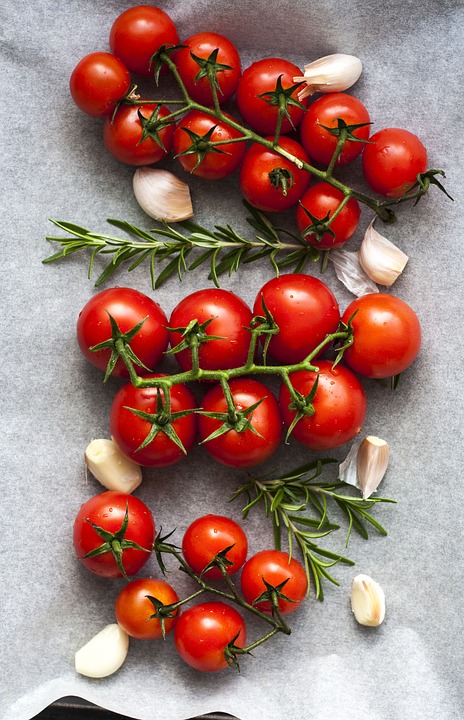gastric sleeve Week 2 Diet: What to Expect
After undergoing gastric sleeve surgery, the second week of your post-op diet is crucial for your recovery and long-term success. This period is a critical time for your body as it adjusts to the changes made during surgery. In this article, we will discuss what to expect during week 2 of your gastric sleeve diet and provide you with some helpful tips to navigate this challenging but rewarding phase of your weight loss journey.
Transitioning to Solid Foods
During the second week of your gastric sleeve diet, you will begin to transition from a liquid-only diet to incorporating soft, pureed foods into your meals. This phase can be both exciting and daunting, as you reintroduce solid foods back into your diet for the first time since surgery. It is essential to follow your surgeon’s recommendations and guidelines for this phase carefully to ensure a smooth transition.
Importance of Protein Intake
Protein plays a vital role in your recovery after gastric sleeve surgery, as it helps promote healing, maintain muscle mass, and keep you feeling full and satisfied. During week 2 of your diet, it is crucial to focus on consuming protein-rich foods such as lean meats, eggs, dairy products, and plant-based proteins like tofu and legumes. Aim to meet your daily protein goals to support your body’s healing process and aid in weight loss.
Hydration and Fluid Intake
Staying hydrated is essential during the second week of your gastric sleeve diet, as it helps prevent dehydration, promotes healing, and aids in digestion. It is recommended to drink at least 64 ounces of water or other calorie-free beverages each day to stay hydrated. Avoid sugary drinks, carbonated beverages, and alcohol, as they can irritate your stomach and hinder your weight loss progress.
Managing Portion Sizes
As you transition to solid foods during week 2 of your gastric sleeve diet, it is crucial to pay attention to portion sizes and listen to your body’s hunger and fullness cues. Eating small, frequent meals throughout the day can help prevent overeating and promote weight loss. Remember to chew your food thoroughly and eat slowly to aid in digestion and prevent discomfort.
Meal Planning and Preparation
Planning and preparing your meals ahead of time can help you stay on track with your gastric sleeve diet during week 2 and beyond. Stock your kitchen with healthy, protein-rich foods, and pre-portion your meals to avoid overeating. Experiment with different recipes and flavors to keep your meals exciting and satisfying. Remember to focus on nutrient-dense foods that nourish your body and support your weight loss goals.
In conclusion, the second week of your gastric sleeve diet is a critical time for your recovery and long-term success. By following your surgeon’s recommendations, focusing on protein intake, staying hydrated, managing portion sizes, and meal planning and preparation, you can navigate this phase of your weight loss journey with confidence and determination. Stay committed to your goals, listen to your body, and celebrate your progress along the way. You’ve got this!
Frequently Requested Questions Concerning Gastric Sleeve Week 2 Diet
What should I eat during week 2 of the Gastric Sleeve diet?
During week 2 of the Gastric Sleeve diet, it is important to focus on consuming soft, pureed foods that are easy to digest. Some examples of suitable foods include mashed potatoes, yogurt, pureed vegetables, and lean ground meats. It is crucial to avoid foods that are high in sugar, fat, or fiber, as these can be difficult for your stomach to handle at this stage of recovery.
1. Stick to soft, pureed foods that are easy to digest.
2. Avoid foods that are high in sugar, fat, or fiber.
3. Focus on consuming lean proteins and nutrient-dense foods.
How often should I be eating during week 2 of the Gastric Sleeve diet?
During week 2 of the Gastric Sleeve diet, it is recommended to eat small, frequent meals throughout the day. Aim to eat every 2-3 hours to help keep your energy levels stable and prevent overeating. It is important to listen to your body and stop eating when you feel full, as overeating can lead to discomfort and potential complications.
1. Eat small, frequent meals every 2-3 hours.
2. Listen to your body and stop eating when you feel full.
3. Avoid overeating to prevent discomfort and complications.
What liquids should I be drinking during week 2 of the Gastric Sleeve diet?
During week 2 of the Gastric Sleeve diet, it is important to stay hydrated by drinking plenty of water throughout the day. It is best to avoid sugary beverages and carbonated drinks, as these can be irritating to your stomach. Herbal teas, clear broths, and diluted fruit juices can also be good options for staying hydrated.
1. Drink plenty of water to stay hydrated.
2. Avoid sugary beverages and carbonated drinks.
3. Herbal teas, clear broths, and diluted fruit juices are good options for hydration.
How can I ensure I am getting enough nutrients during week 2 of the Gastric Sleeve diet?
During week 2 of the Gastric Sleeve diet, it is important to focus on nutrient-dense foods to ensure you are getting the essential vitamins and minerals your body needs for healing and recovery. Incorporating a variety of fruits, vegetables, lean proteins, and whole grains into your diet can help you meet your nutritional needs. Consider consulting with a dietitian to create a meal plan that is tailored to your specific dietary requirements.
1. Focus on nutrient-dense foods to meet your nutritional needs.
2. Incorporate a variety of fruits, vegetables, lean proteins, and whole grains into your diet.
3. Consult with a dietitian for personalized meal planning.
What are some common challenges I may face during week 2 of the Gastric Sleeve diet?
During week 2 of the Gastric Sleeve diet, some common challenges you may face include feeling tired or weak, experiencing food cravings, and struggling to adjust to the new eating habits. It is important to listen to your body, rest when needed, and seek support from healthcare professionals or a support group if you are having difficulty. Remember that it is normal to face challenges during the recovery process, and with time and patience, you will adjust to your new lifestyle.
1. Feeling tired or weak.
2. Experiencing food cravings.
3. Struggling to adjust to new eating habits.
1. Misconception: Gastric Sleeve Week 2 Diet is restrictive
It is a common misconception that the Gastric Sleeve Week 2 Diet is highly restrictive. In reality, this diet focuses on introducing new foods in small portions to help the patient’s stomach adjust to the changes post-surgery. The goal is not to restrict food intake, but to promote healthy eating habits and gradual weight loss. Patients are encouraged to eat a variety of foods in moderation to ensure they are getting all the necessary nutrients.
2. Misconception: Gastric Sleeve Week 2 Diet is only about liquids
Another misconception about the Gastric Sleeve Week 2 Diet is that it only consists of liquid foods. While it is true that patients are advised to start with a liquid diet immediately after surgery to allow their stomach to heal, the Week 2 Diet gradually introduces soft foods and eventually solid foods. The focus is on consuming nutrient-dense foods that are easy to digest and provide essential vitamins and minerals for recovery.
3. Misconception: Gastric Sleeve Week 2 Diet is a quick fix for weight loss
There is a misconception that following the Gastric Sleeve Week 2 Diet will result in rapid weight loss. While it is true that patients may experience significant weight loss in the weeks following surgery, the Week 2 Diet is just one part of a long-term lifestyle change. Patients are encouraged to adopt healthy eating habits, exercise regularly, and attend follow-up appointments to ensure they are on track with their weight loss goals. The Gastric Sleeve surgery is a tool to help patients achieve weight loss, but it requires commitment and dedication to maintain long-term results.
4. Misconception: Gastric Sleeve Week 2 Diet requires expensive supplements
Some people believe that following the Gastric Sleeve Week 2 Diet requires expensive supplements to meet their nutritional needs. While it is true that patients may need to take vitamin and mineral supplements to prevent deficiencies post-surgery, these supplements are usually recommended by healthcare professionals and are essential for overall health and wellbeing. Patients are advised to follow their healthcare provider’s recommendations and take supplements as needed to ensure they are getting all the necessary nutrients.
5. Misconception: Gastric Sleeve Week 2 Diet is only for extreme cases
There is a misconception that the Gastric Sleeve Week 2 Diet is only for extreme cases of obesity and is not suitable for individuals with moderate weight loss goals. In reality, the Gastric Sleeve surgery and Week 2 Diet can be beneficial for a wide range of patients who are struggling with obesity or weight-related health issues. The surgery is a tool to help patients achieve their weight loss goals and improve their overall health, regardless of their starting weight. Patients should consult with healthcare professionals to determine if the Gastric Sleeve surgery is the right option for them and to develop a personalized plan for success.
Gastric Sleeve Week 2 Diet
#week #gastric #sleeve #surgery #diet #focused #liquids #pureed #foods #continue #allowing #stomach #heal #adjust #size #sample #meal #plan #week #2br

